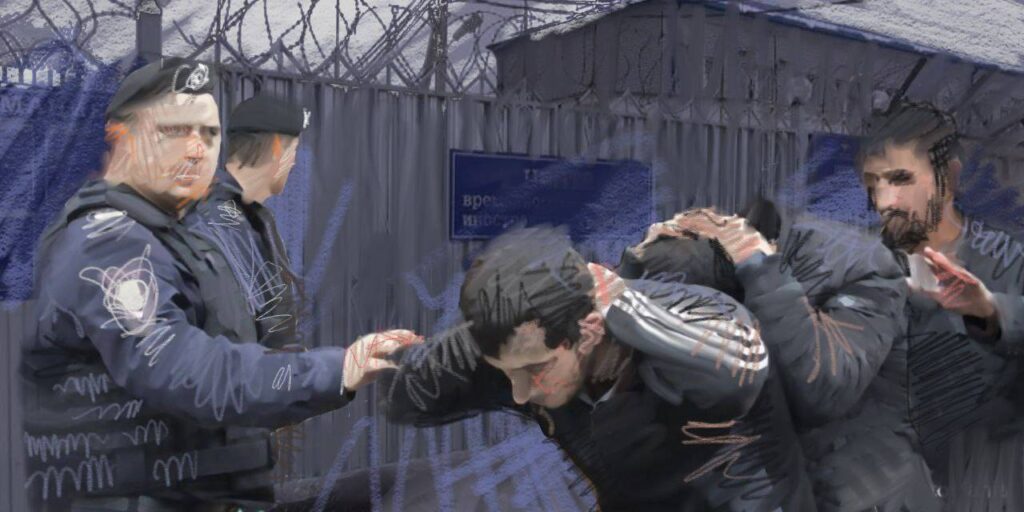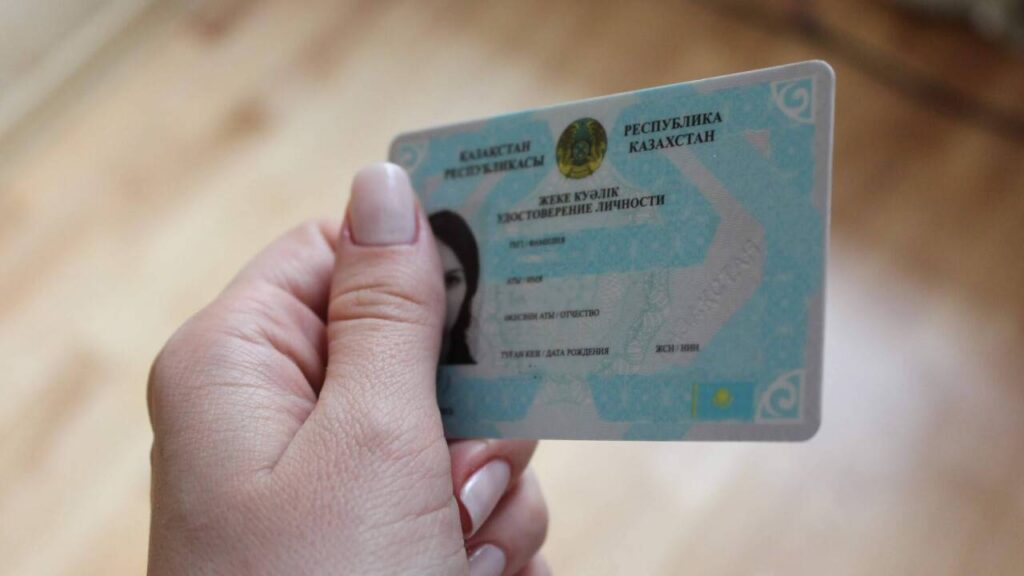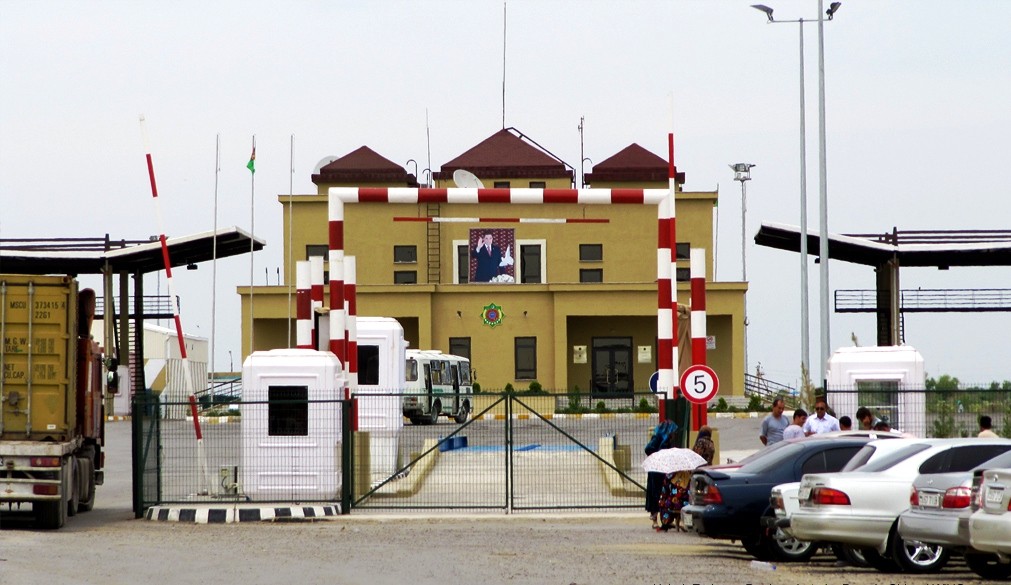BISHKEK (TCA) — The European Union and UNICEF launch a new programme to protect children affected by migration in countries across Southeast, South and Central Asia, including Kyrgyzstan, the Delegation of the European Union to the Kyrgyz Republic said on July 6.
Over the next three years, the contribution will reach children affected by migration, including migrating children and children who have been left behind by parents or caregivers migrating in search for better economic opportunities to support their families.
The European Union allocates EUR 800 000 to support the project which will last 42 months. Commenting on the launch of the project, Head of Cooperation Section of the EU Delegation to the Kyrgyz Republic Charlotte Adriaen said: “We know how migration affects the children who often have to grow without parents because of migration. It indeed affects their education, development and future. Therefore, we unify our efforts with UNICEF in order to mitigate negative impact of migration on children and ensure better protection of their rights.”
“Children affected by migration are too often pushed to the margins of society. They face difficulties accessing essential services and are vulnerable to violence, exploitation and abuse. UNICEF thanks the European Union for this generous contribution, which will better protect children who have been left behind in Kyrgyzstan,” said Yukie Mokuo, UNICEF Representative in Kyrgyzstan.
According to UNICEF data, over 11 per cent of children in Kyrgyzstan – about 259,000 – are left behind, with one or both parents living abroad. The absence of parents can lead to a range of psychological and social difficulties and forces children to do heavy work, which deprives them of free time and contributes to absenteeism in school. Many children of internal migrants live in hazardous houses in the outskirts in Bishkek with limited access to health care, education and social benefits.
“Migration represents an important opportunity for the inflow of remittances, however we should also consider the social costs of children left behind,” said Lucio Valerio Sarandrea, Chief of Child Protection at UNICEF Kyrgyzstan. “UNICEF is ready to provide the necessary assistance to state authorities to support effectively children affected by migration in line with national and international standards,” he added.
The overall contribution from the European Union and UNICEF to Kyrgyzstan will help to strengthen national child protection systems by training professionals and government authorities to identify, refer and assist vulnerable children affected by migration and to apply child-friendly procedures at border points. This will allow to ensure that children and families have access to social assistance, legal aid, psychosocial support, counselling, birth registration and parenting support.
UNICEF will also work with authorities to strengthen alternative care options such as foster care and kinship care. “Adequate systems for kinship and guardianship will reduce the likelihood of children left behind by migrant parents to be exposed to violence. UNICEF will also help address issues related to child statelessness as well as establish and strengthen systems on information sharing on family tracing and reunification across borders,” explained Lucio Valerio Sarandrea, Chief of Child Protection at UNICEF Kyrgyzstan.









